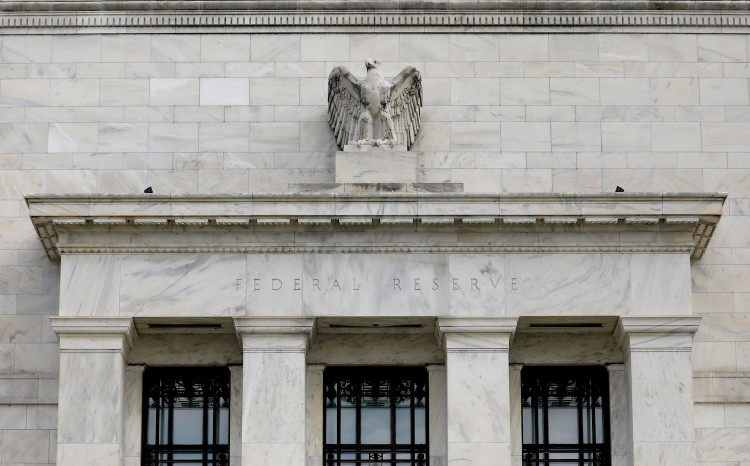Vice-Chair of the Federal Reserve Lael Brainard believes a U.S. central bank digital currency might help keep the financial system robust and prepare the nation for the future.
Brainard stated that the rapid, ongoing evolution of the digital financial system at the national and international levels should prompt people to reframe the question from whether there is a need for a central bank-issued digital dollar today to whether conditions in the future may give rise to such a need.
Brainard stated that the rapid, ongoing evolution of the digital financial system at the national and international levels should prompt people to reframe the question from whether there is a need for a central bank-issued digital dollar today to whether conditions in the future may give rise to such a need.
In the previous five years, the use of cash for payments in the United States has decreased from 31% to 20%. She added that the percentage of cash usage is much lower among individuals under 45 years old.
For the future digital financial system, it is vital that the United States "examine how to safeguard public access to safe central bank money." The solution may be a digital dollar.
Brainard believes that CBDCs could coexist with and complement cryptocurrencies as the adoption of digital assets continues to rise.
CBDC might survive and be complimentary to stablecoins and commercial bank money in the future by offering a safe central bank liability in the digital financial ecosystem, similar to how cash today coexists with commercial funds.
However, the adoption of CBDC will pose certain hazards. The digital dollar might replace commercial bank money and reduce the total amount of bank deposits. People may also prefer CBDCs during stressful situations.
To alleviate these risks, Brainard advises issuing non-interest-bearing CBDCs or imposing limits on the amount of CBDCs one can retain or transfer.
However, a CBDC is not required only for U.S. citizens. The Fed official said that the government must also address the evolution of the international payments system.
In addition, Brainard pointed out that the U.S. must take the lead in establishing the regulatory standards for CBDC transactions to assure privacy, accessibility, interoperability, and security.
Although President Joe Biden's March executive order placed the utmost importance on exploring the designs, risks, and necessity of a CBDC, Fed policymakers remain mostly divided over the necessity of a digital dollar.





